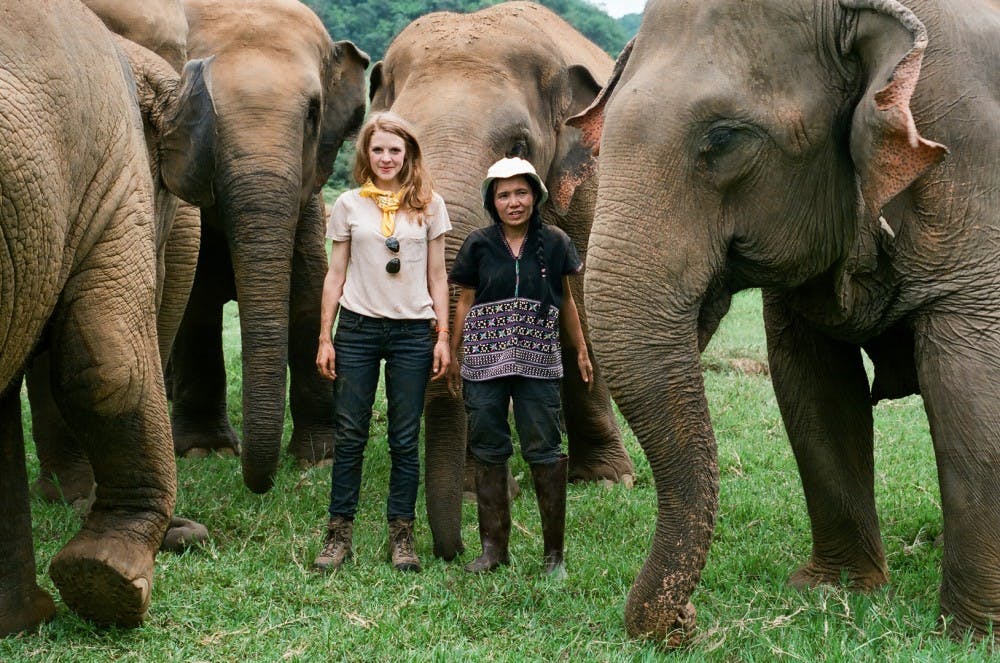When Debra Goldstein, an environmental attorney, returned to Philadelphia from the Washington DC Environmental Film Festival, she knew she had to take action. “I thought, ‘someone needs to do something like this in Philly,’” she explains. “I realized that I needed to do that to make it happen.” Goldstein—who is now the passionate co-founder and executive director of the Philadelphia Environmental Film Festival—did just that.
The third annual Philadelphia Environmental Film Festival took place this past weekend, April 5–7, a testament to the great success of Goldstein’s vision. As a particularly relevant Earth Month event, the festival provided an invaluable opportunity for Philadelphians to learn about nature and environmental issues—both significant passions of Goldstein. Environmental education is particularly pertinent given the growing concern by scientists and researchers about climate change. Many are calling for action to reform policies, and argue a dire situation for future generations if action isn't taken.
The festival was comprised of 54 films from 16 different countries. The films addressed issues ranging from soil depletion to harmful land transactions to shark de–finning. According to its website, the festival fills an important and refreshing space in the environmental reform world through its mission of “bring[ing] the planet to Philadelphia through the power of environmental films.”
"Film reaches people in a much more immediate and deeper way than words do," Goldstein explains. "You can tell a story through human eyes and people, I think, relate to those stories better.” She emphasizes that the organizers avoid hurling statistics and facts at the audience, and instead take a different approach to environmental education. “People might get overwhelmed and depressed by statistics and facts,” she says. “In our film program we balance it because we don’t want people to leave feeling bummed out like there’s no hope for the human species. We want them to understand the issues, and there are pressing, urgent issues. … But there are people and organizations out there that are doing wonderful things and coming up with solutions, and we want to highlight those stories.”

Still from film 'The Human Element'. Courtesy of The Philadelphia Environmental Film Festival.
A high point of the festival was one of Goldstein’s personal favorite films, The Human Element. This feature “follow[s] renowned environmental photographer James Balog as he explores wildfires, hurricanes, sea level rise, a struggling coal mining community, and our changing air supply … highlight[ing] Americans who are on the front lines of climate change, inspiring us to re–evaluate our relationship with the natural world.” Following its showing, Matthew Testa, the film's director, and Scott Cooper, president and chief executive officer of the Academy of Natural Sciences of Drexel University, talked to the audience about the film's implications. Namely, that the film serves as a wake–up–call to take action against climate change.
While the films showcased stunning images of nature and beautiful cinematography, there was a more somber atmosphere than you would find at a typical festival. Attendees seemed to come to understand that the festival meant much more than just a pleasant opportunity to view films about nature. This sentiment was summed up by Goldstein’s plea: “If your generation doesn’t do something about these issues,” she says, “we’re going to lose most of the species on earth. … But you can make a difference, one mind at a time.”







